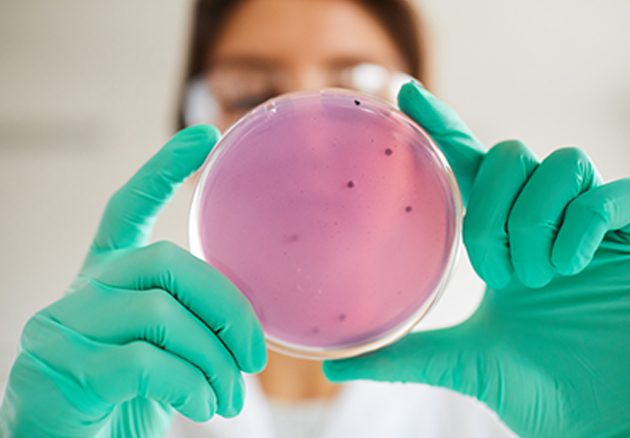Effectiveness of disinfectants: What types of germs can they fight?

Effectiveness of Disinfectants: Which Types of Germs Can They Fight Against?
Disinfectants play a crucial role in combating germs and maintaining hygiene in our daily lives. However, not all disinfectants are equally effective against all types of microorganisms. In this article, we explore which types of germs disinfectants are effective against and what factors can influence their efficacy.
How Do Disinfectants Work?
Disinfectants contain chemical agents that kill microorganisms or prevent their reproduction. These agents destroy the cell walls of microbes, deactivate their enzymes, or attack their genetic material. Depending on the composition and concentration of the disinfectant, different types of microorganisms can be targeted.
Bacteria
Bacteria are single-celled organisms that can have both beneficial and harmful effects on humans. Most disinfectants are effective against a wide range of bacteria, including common pathogens like Escherichia coli(E. coli), Staphylococcus aureus, and Salmonella. Alcohol-based disinfectants are particularly effective against bacteria because alcohol destroys the proteins and cell membranes of the bacteria.
Viruses
Viruses differ fundamentally from bacteria in that they can only replicate within living cells. Disinfectants can neutralize viruses by destroying their protein coat or inactivating their RNA or DNA. Alcohol-based disinfectants, particularly those with an alcohol content of at least 60%, are effective against many types of viruses, including influenza viruses, noroviruses, and coronaviruses (including SARS-CoV-2). However, some viruses, such as norovirus, are more resistant and may require stronger or specific disinfectants.
Fungi
Fungi, including mold and yeasts, can also be killed by disinfectants. Fungicidal disinfectants contain agents specifically designed to target the cell structures of fungi. Alcohol-based disinfectants are less effective against fungi compared to bacteria and viruses, which is why specific antifungal agents are often needed for these cases.
Protozoa and Spores
Protozoa are single-celled parasites that can cause diseases like malaria. They are more complex than bacteria and viruses, making them more resistant to many disinfectants. Spores are a particularly resistant form of bacteria that can survive under extreme conditions. Clostridium difficile, a spore-forming bacterium, is especially difficult to kill and requires specialized disinfectants designed to target spores.
Factors Affecting Effectiveness
The effectiveness of a disinfectant depends on several factors, including the type and concentration of the active ingredient, the contact time, and the type of microorganisms being targeted. The surface type and the presence of organic matter such as blood or saliva can also affect effectiveness, as they can bind to the active ingredients and block their access to the microorganisms.
Conclusion
Disinfectants are an essential tool in the fight against germs, but their effectiveness heavily depends on the type of germs and the conditions of use. It is important to select the right disinfectant for the specific purpose and use it according to the instructions to ensure maximum effectiveness. By understanding how disinfectants work and their limitations, we can better contribute to preventing the spread of diseases and creating a safe and hygienic environment.


